Yage has a GRS certificate for its materials of up to 100% recycled pre-consumer Cellu-lose Acetate and 100% post-consumer polyethylene.
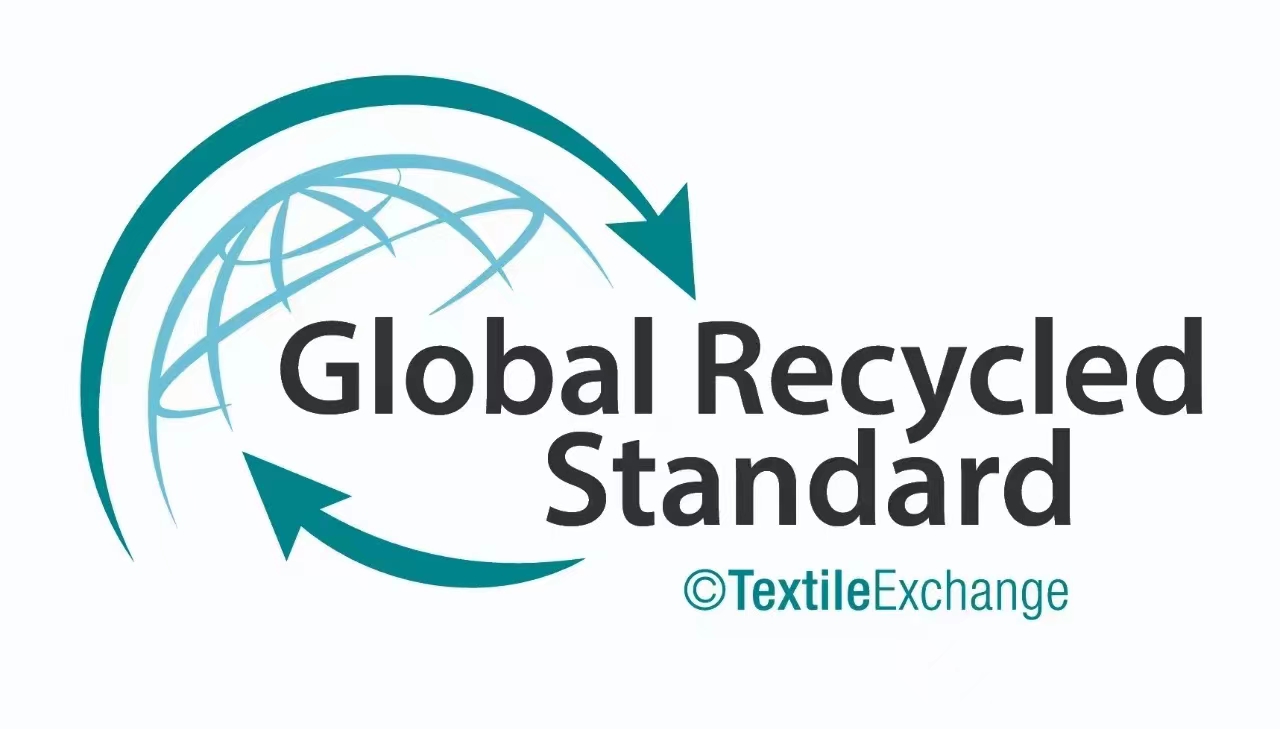
The Global Recycled Standard (GRS) is a voluntary product standard for tracking and verifying the content of recycled materials in a final product. GRS covers processing, manufacturing, packag- ing, labeling, trading and distribution of all products made with a mini- mum of 20% recycled material.
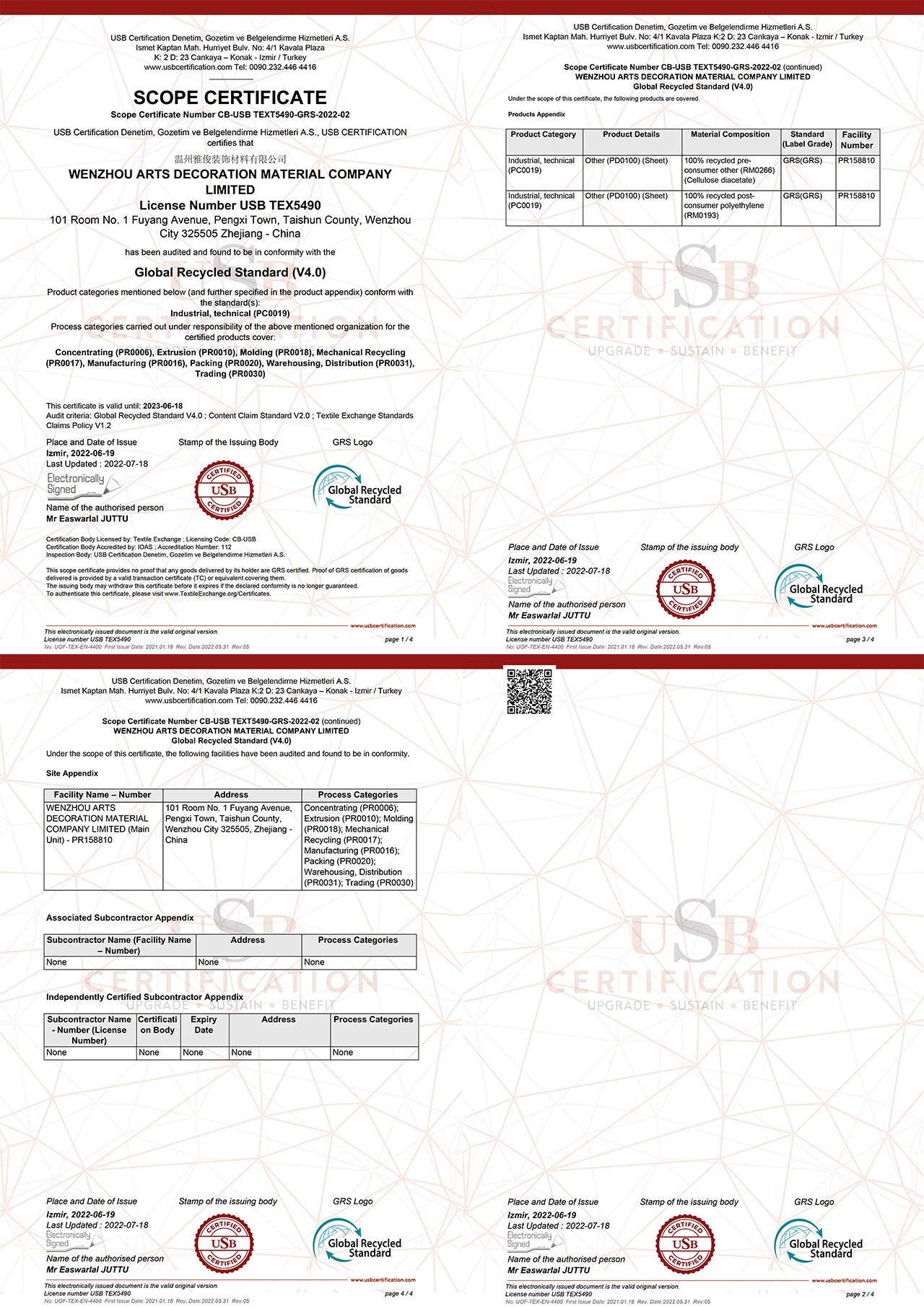
What does "biodegradable" mean?
Merriam-Webster is officially defined as "capable of breaking down into harmless products by the action of living things, such as microorganisms."
McKay Jenkins, professor of English linguistics, journalism and environmental humanities, has assessed the state of biodegradable plastics. Jenkins explained that the term "plastic" refers to the use of chemical methods to synthesize several substances into others. Plastic is anything made from a variety of polymers, regardless of the ingredients in the formula.
"So you can make plastics out of petrochemicals (chemicals from oil and gas), but you can also make plastics out of potatoes, corn and soybeans." "Jenkins said.
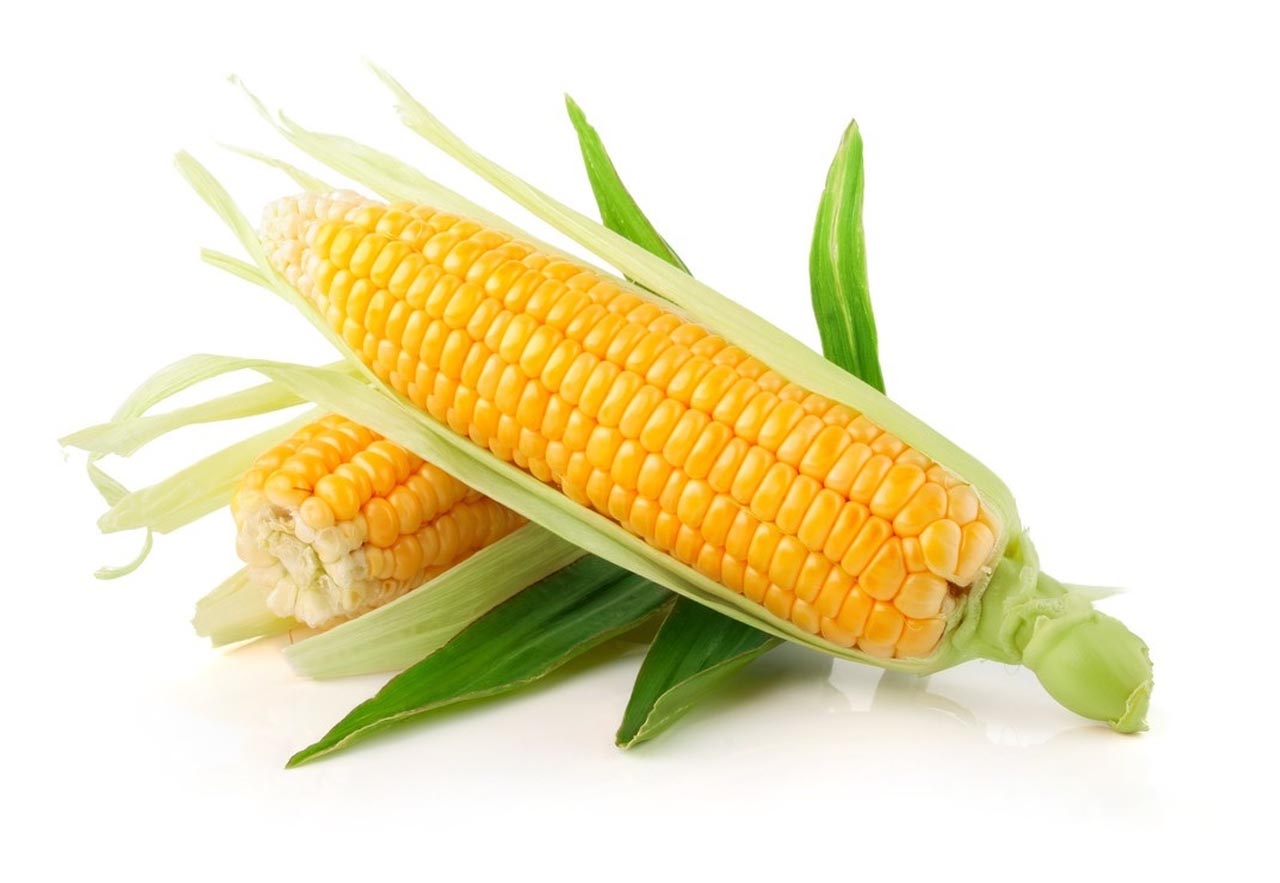
"If [plastic] doesn't break down, that's a problem," Jenkins said.
According to Melanie Ezrin, junior Public Policy and Environmental science major, "biodegradable" means that plastic breaks down into its "natural components", with no chemical or artificial components.
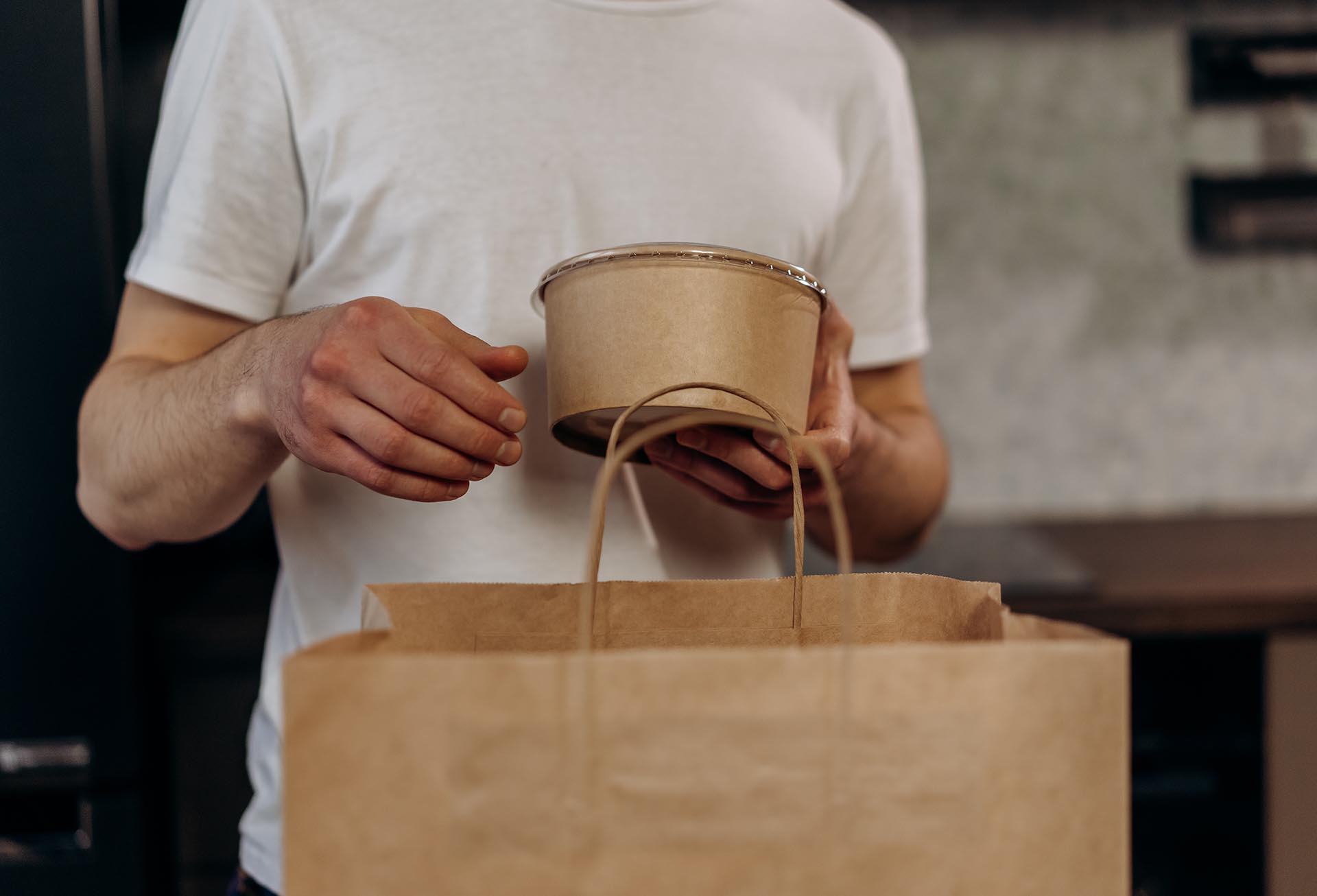
"[Biodegradable plastics] are not going to destroy people's ideas," Ezrin said. "You hear the word 'biodegradable' and you think of throwing an apple into the woods."
Biodegradable plastics require a lot of heat to break down.
"You really have to break them down industrially," she said. "If you just throw [plastic] in the backyard, you're going to stay in [plastic] most of the time."
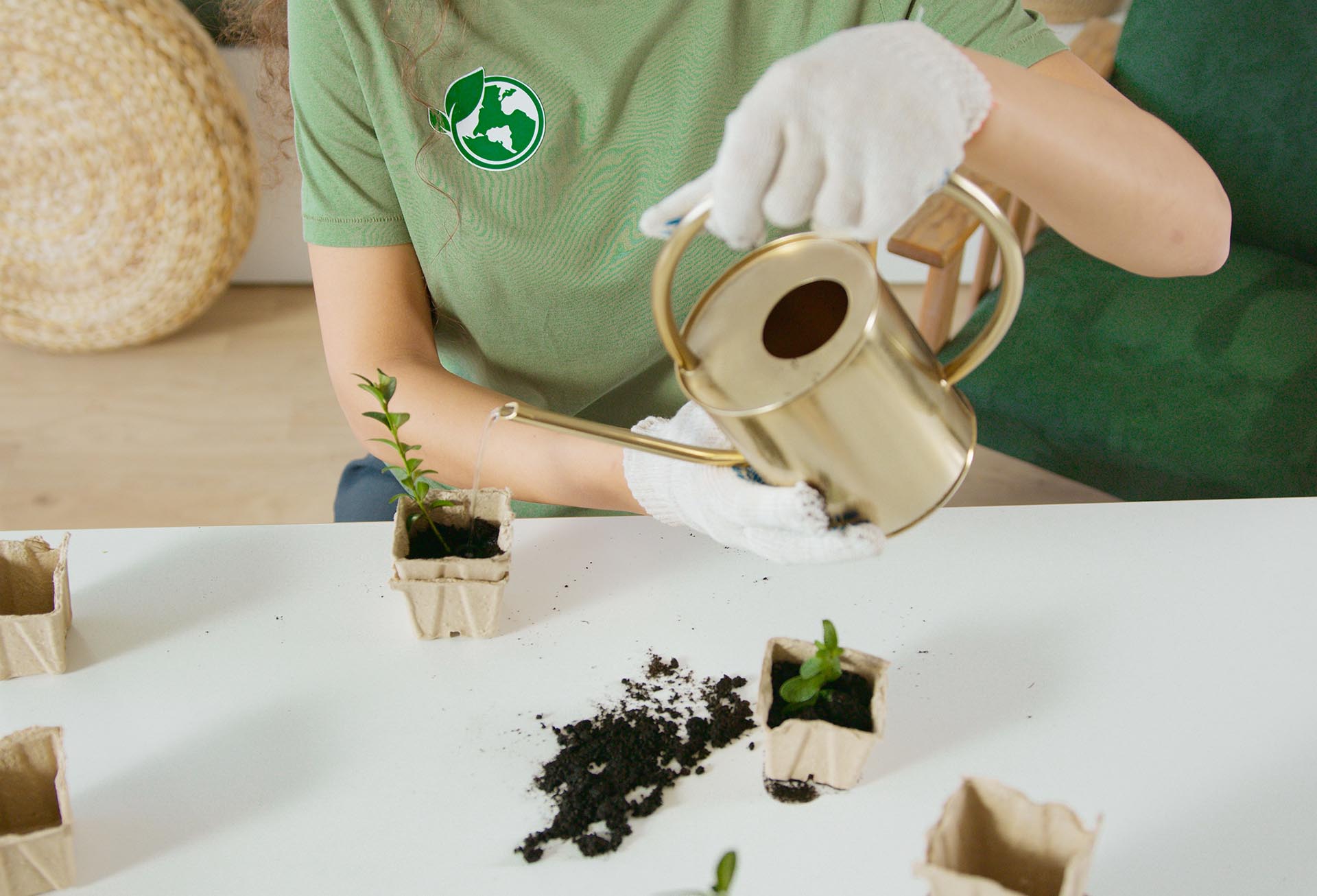
Compostable plastics suffer from similar problems because they also need heat to break down. The plastic needs to be heated to at least 120 degrees to melt. Some people have backyard composters, but many models can't reach such high temperatures.
Jenkins knows a composter. He's good at burning food, but the "compostable plastic" he throws in has been there for years. He believes it will eventually decline, but he agrees with Ezlin's assessment.
There used to be a composting facility in Wilmington, but it closed because of confusion about how to manage it and its smell. Right now, the facility's location is in Pennsylvania, but "far away."
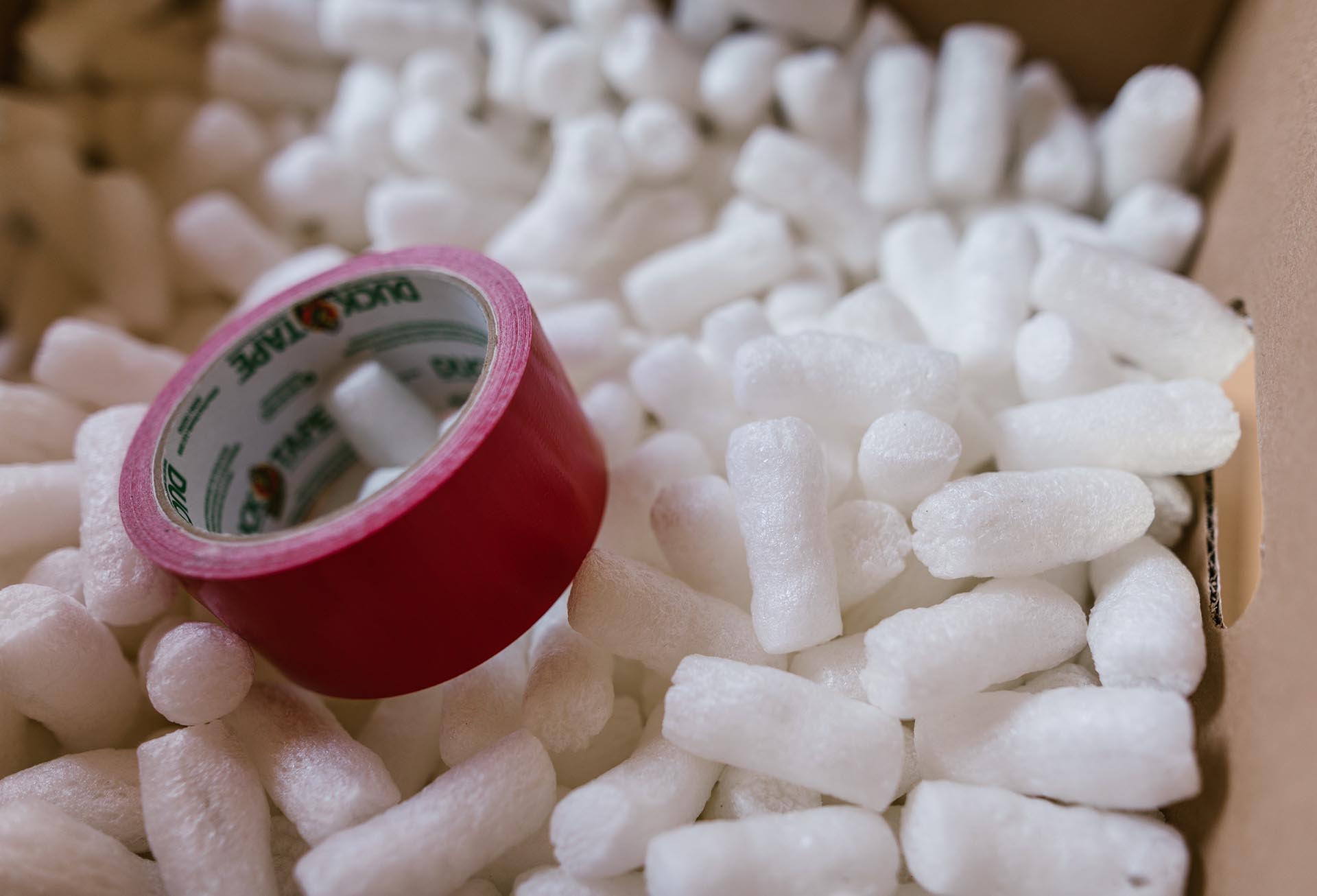
Researchers at the University of Plymouth in England tested the durability of several plastic shopping bags. Exposing the "biodegradable" bags to the environment for about three years, they found the bags were intact and could still be filled with groceries. According to Ezlin, biodegradation does not happen in nature immediately. Even a piece of fruit can take more than a year to break down.
"When people sell a biodegradable product, that means it has industrial capacity," Ezlin said.
In a 2009 lawsuit, Kmart was one of three companies sued by the Federal Trade Commission for false advertising. Kmart claims its brand of disposable plates is biodegradable, but there is no scientific research to prove it.
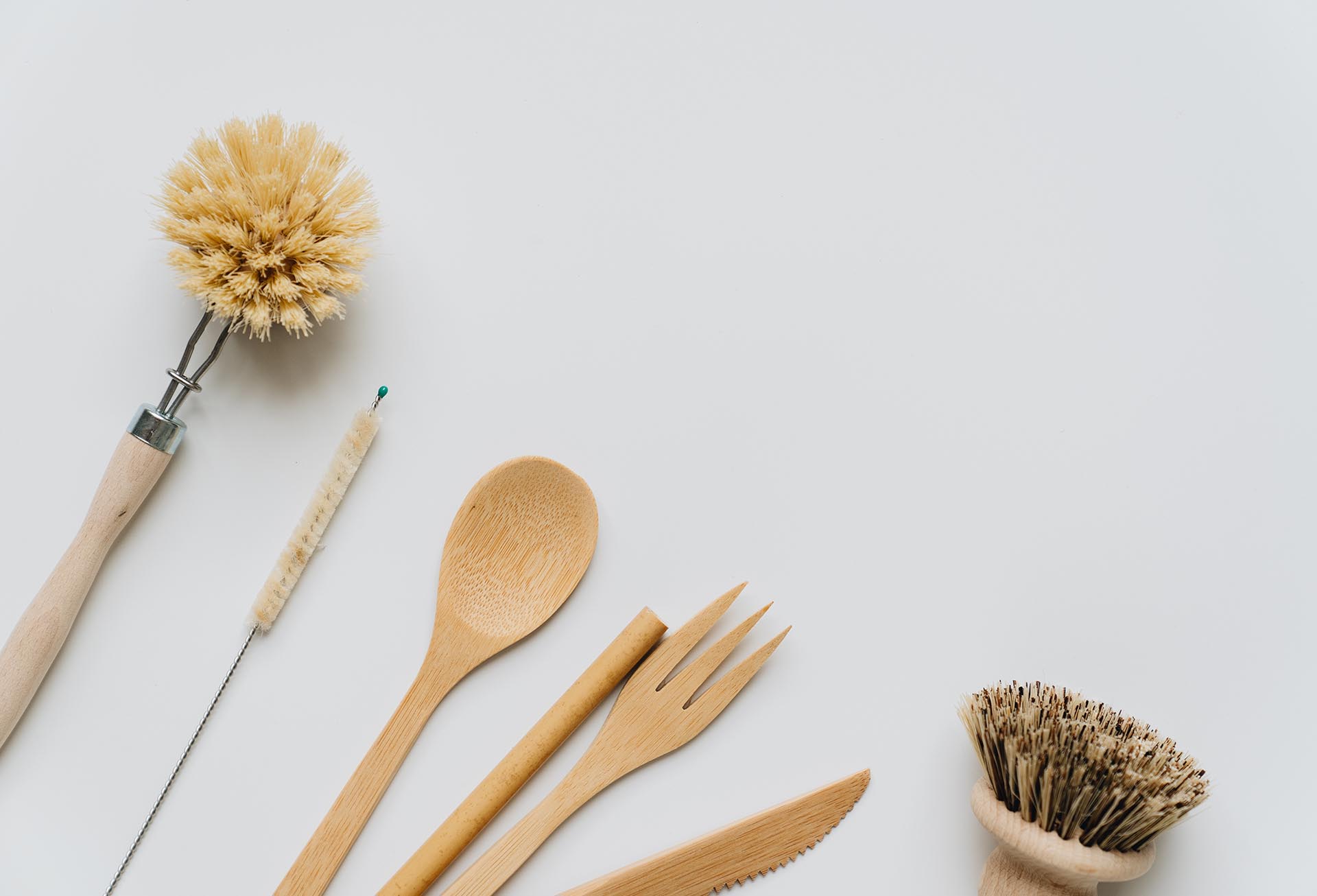
"There's a term for greenwashing," Jenkins said. "[Greenwashing] is when you put a label on something to make people think it's good for the environment, when it's not."
Kmart's lawsuit is a perfect example of what's wrong with greenwashing. However, this does not apply when the company says the product is "all natural". They do not violate the law because the term does not have any legal definition and is essentially meaningless. But, Jenkins went on to explain, using the word "organic" is illegal.
Now, there are a variety of experimental products on the market that can help solve the plastic problem. Coca-Cola introduced the PlantBottle, a plastic bottle made from plant material. Although Coca-Cola says the PlantBottle helped cut 315 tons of carbon dioxide emissions, the problem remains that even when the bottles break down into factory-made products, they are still plastic.

Skipping Rocks Lab, a London-based company, has developed a product called Ooho! It's a spherical "food bottle" made of calcium chloride and brown algae. Ouch! There are still problems to be worked out. It tastes bland and feels like "breast implants or jellyfish," according to its co-founder Rodrigo Gonzalez.
On New Colors , Events and More